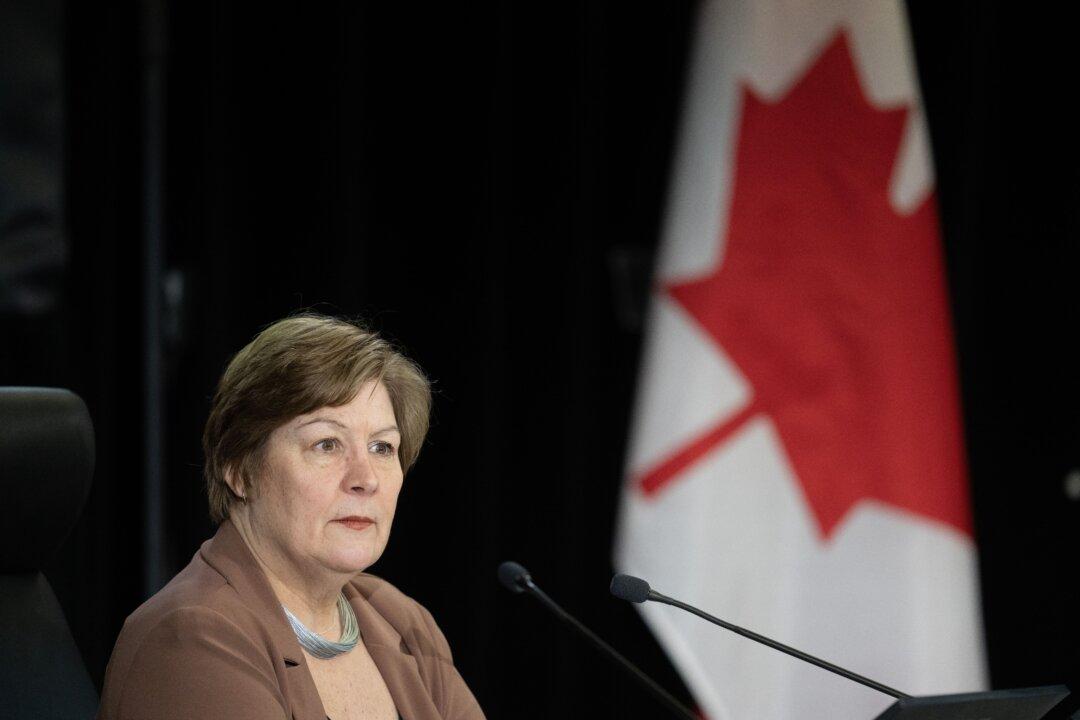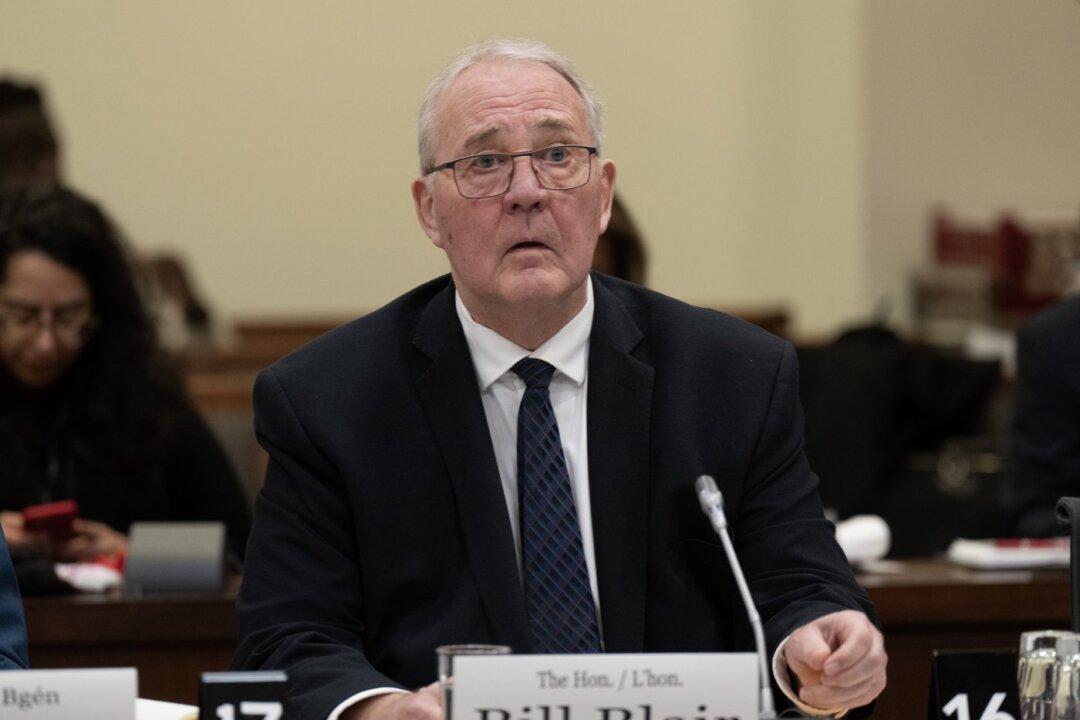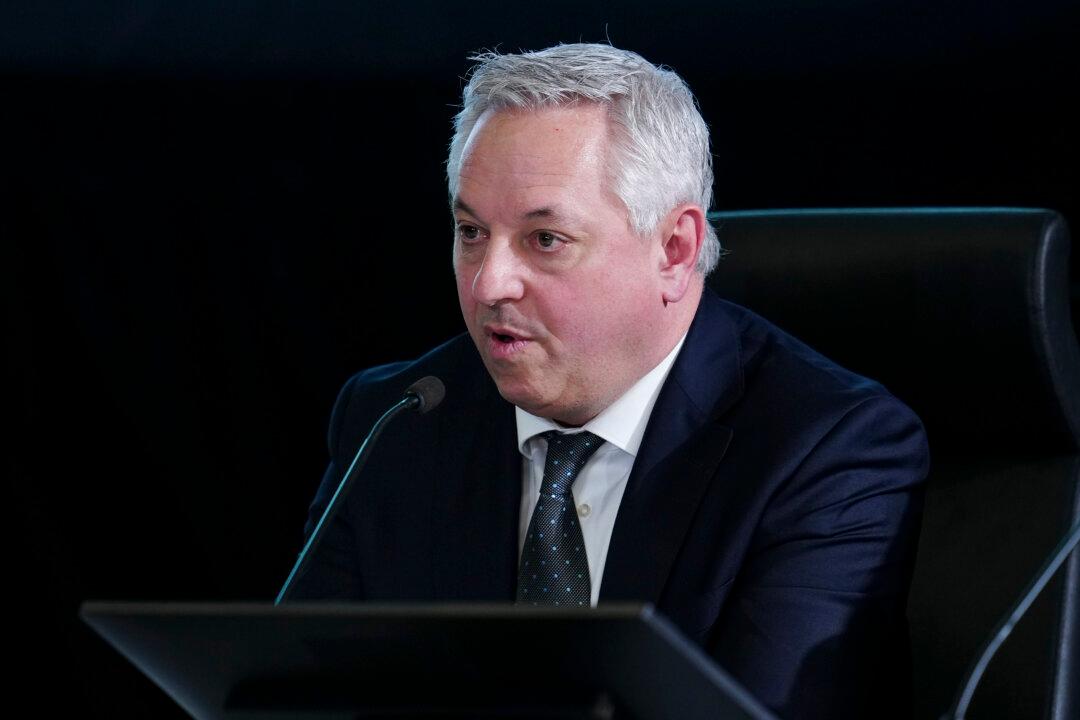The act was invoked on Feb. 14 last year to deal with cross-country protests and border blockades demanding the lifting of COVID-19 restrictions.
The OPC says it engaged with the RCMP, the Canadian Security Intelligence Service (CSIS), and the Financial Transactions and Reports Analysis Centre (FINTRAC) after concerns were raised about privacy implications related to use of the act.
“The goal of this engagement was to better understand and assess against the Privacy Act how the institutions handled personal information within the context of the Emergencies Act and the temporary powers granted as a result of the Emergency Economic Measures Order,” says the OPC.
The freezing of financial accounts of Freedom Convoy protesters without a court order is the better known financial measure implemented by the Liberal government.
The OPC says it’s examining key issues regarding this measure, including the scope and nature of the personal information that was received and disclosed, whether reasonable steps were taken to limit the sharing of personal information, and if the information was used or disclosed for other purposes beyond the purpose of collection.
The office says its report on the matter would be published in the spring of 2023.
The OPC is also studying the use of an internet monitoring tool by a law enforcement agency during the cross-country protests and border blockades of January and February 2022.
The unspecified law enforcement agency used the tool “due to concerns about officer and public safety” and submitted a privacy impact assessment to the OPC, says the office.
The OPC told The Epoch Times it could not provide further details on the investigation at this time.
The third file the commissioner is looking into, according to the brief, is the breaches suffered by an unspecified crowdfunding platform used by the Freedom Convoy.
The OPC didn’t mention any probe into the media’s release of information but only that it is investigating whether the website had adequate safeguards in place and if the hack had been reported according to requirements.
Reviews Wrapping Up
The OPC submitted the brief to the DEDC committee given that there was no chance to testify.Conservative MP Glen Motz passed an amendment that would require witnesses to submit a brief if they appear in the committee’s May 2022 work plan but did not testify before the committee.
Others submitting a brief include law professor Ryan Alford and the Canadian Civil Liberties Association (CCLA).
He noted that no law enforcement and intelligence official saw the event as a national security threat and that the government “reformulated the standards” to establish the test for meeting the threshold, including “economic harm as a basis for an emergency.”
Alford also raised the issue of the government asserting solicitor-client privilege in order to avoid revealing the attorney general’s legal opinion on invocation of the act.
“The Government withheld the evidence the public inquiry required to determine whether the Cabinet lacked a reasonable basis for concluding an emergency existed,” he wrote.
“Neither the evidence that was before the POEC [Public Order Emergency Commission], nor the testimony heard by this committee, indicated events or acts that seriously endangered the lives, health or safety of Canadians,” wrote the CCLA.
The CCLA also took part last fall in the public hearings phase of the POEC.
The POEC, reviewing the use of the act along with the DEDC, is mandated by law to submit its final report to Parliament by Feb. 20.






Friends Read Free